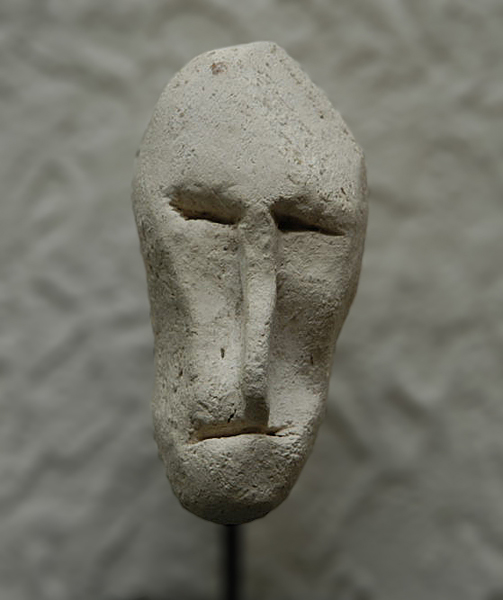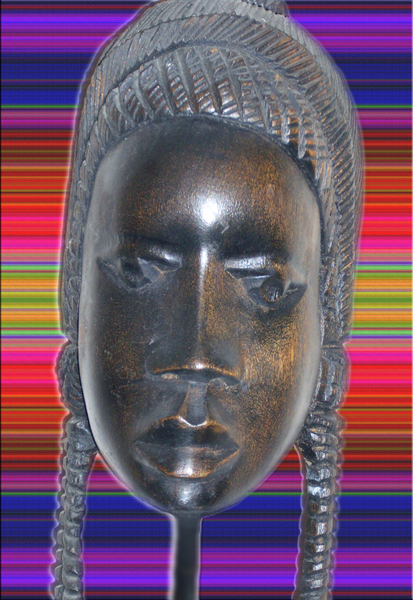 AGONY
AGONY
The day after I was made redundant last July, I was on the tube when I suddenly felt dreadful. I was convinced I was having a heart attack.
After tests my doctor told me my heart was fine and that it was probably just a panic attack. Since then it’s happened to me again on the tube, in the supermarket and once at a football match. I’ve always been an outgoing person - now I’m scared of going out.
 ANSWER
ANSWER
Just a panic attack? Clearly your lucky doctor has never experienced one. Panic attacks are unpleasant in the extreme, but they aren’t life-threatening. Anxiety is what triggers them.
Faced with a situation we perceive as being fearful our bodies respond with a ‘fight or flight’ response by speeding up the heart rate, pumping adrenalin and nor-adrenalin through our blood stream and filling our lungs with oxygen.
This is all very well when the fear we’re facing is external – like a grizzly bear making a lunge for us – but when it’s internal the extra adrenalin makes us feel shaky, sweaty and nauseas, the sudden changes in blood pressure can cause pain in our arms and head, our heart starts pounding and we experience shortness of breath.
The best course of action is to wait quietly, relaxing, taking slow, deep breaths, while the bodily fear response fades away – which it inevitably will. No bodily response, from laughter to sexual arousal, goes on indefinitely. The worst course of action is to interpret any slight shakiness or odd palpitation as the signal for the onset of a panic attack – because the fear of an attack is what can bring one on. We come to fear the fear itself, and run the risk of developing a full-blown anxiety disorder that can sometimes result in agoraphobia.
In your case the panic attack was probably brought on by the shock of redundancy, and the accompanying fall-out of anxieties around changes in finances and identity. After the first panic attack it’s likely you also became concerned about your heart.
I suggest you go back to your doctor and ask to be referred to a counsellor so that you can explore these underlying anxieties. It’s possible to be prescribed anti-anxiety medication, but learning to understand how and why the symptoms originated, and how to manage them, is more beneficial.
Diane Southam Greenlight Counselling and Coaching Consultancy
